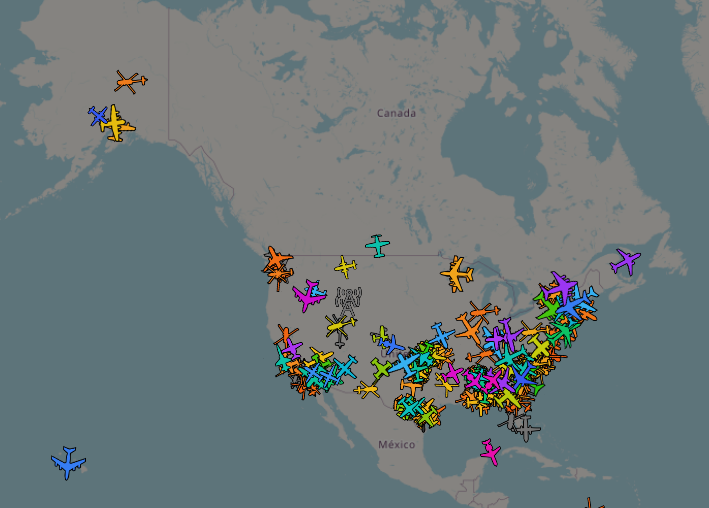National Security Advisor Tzachi Hanegbi confirmed on 24 June that Israel is engaged in direct, daily communication with Syria’s interim authorities, with the aim of exploring normalization.
Speaking to Israel Hayom, Hanegbi said he personally leads the talks “at all levels” with political officials in Damascus.
His remarks, first made during a classified Knesset session on 23 June, mark the most explicit Israeli admission to date of negotiations with the transitional Syrian government.
Hanegbi said Syria and Lebanon are being considered for future inclusion in the so-called Abraham Accords, and that any Israeli withdrawal from occupied buffer zones would be subject to final arrangements. He clarified, however, that Tel Aviv “will not withdraw from the Syrian Hermon.”
The comments follow a series of indirect contacts and reports of “face-to-face” meetings between Syrian and Israeli officials, aimed at preventing confrontation and formalizing ties under the leadership of Syrian de facto President Ahmad al-Sharaa – formerly known as Al-Qaeda commander Abu Mohammad al-Julani.
When asked about military intelligence reports warning that Sharaa retains ideological links to armed groups, Hanegbi said evaluations were ongoing and that “Sharaa is being shaped as things move forward.”
Earlier this month, US Congressman Marlin Stutzman said Sharaa was “open to peace with Israel” and did not insist on an Israeli withdrawal from the occupied Golan Heights.
A second US lawmaker, Cory Mills, confirmed Syria’s interest in joining the Abraham Accords and said Sharaa expressed willingness to address US demands.
The remarks followed US President Donald Trump’s decision to lift sanctions on Syria and meet Sharaa in Riyadh back in May during a regional summit.
Since then, Syria has launched a crackdown on Palestinian factions, arresting and seizing assets from members of the Palestinian Islamic Jihad (PIJ) and the Popular Front for the Liberation of Palestine – General Command (PFLP–GC).
Sharaa has also stated that “Syria and Israel share common enemies” and expressed interest in reviving disengagement frameworks such as the 1974 Dofa Accord.
The talks come amid accelerating normalization efforts by western and Gulf states, as the EU unveiled a $200 million package for Syrian recovery earlier this month, coinciding with Syria’s reintegration into the SWIFT banking system.
Meanwhile, Trump’s reinstated travel ban notably excludes Syria, an omission widely seen as a signal of Washington’s broader realignment in West Asia

There's no rumor, they know very well that iran was not building nukes. The reason Iran's leaders get assassinated is exactly because the enemy knows that they don't have nukes.